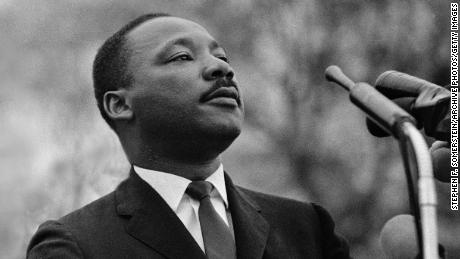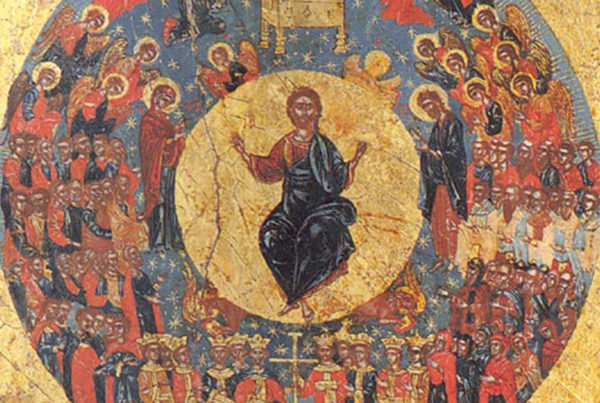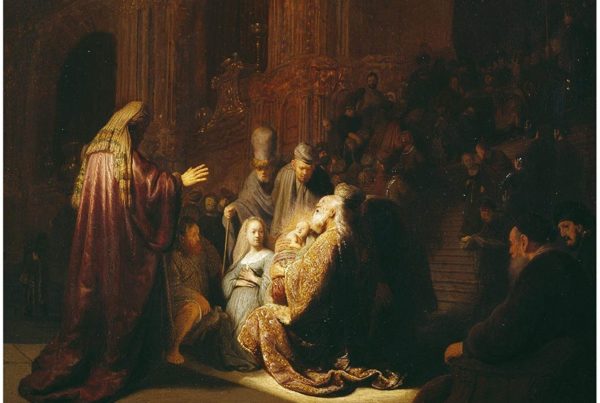I love and have been indelibly influenced by Stanley Hauerwas.
I first heard his name during my last year as an MDiv student at Trinity Evangelical Divinity School. He wasn’t assigned reading in any of the classes that I took, but it seemed there was a sort of underground fascination with the thought of this self-described “High Church Mennonite.”
When I finally got around to reading Resident Aliens (co-written with another favorite of mine – and probably the best preacher I’ve ever heard, Will Willimon), my mind was totally blown. Here was a vision for congregational life as an eschatological embodiment of the kingdom of God that did not depend on “the empire” for its survival and in fact put forward an alternative way of life to the violence and lies that so saturate our age. I was enthralled.
Since that time, I have returned to Hauerwas again and again for clarity and inspiration on just how to be such a people. A recent interview conducted by Al Mohler (I know, right?!!) represents Hauerwas at his best. If you’re not familiar with Stan’s work – you should read this. If you are familiar with it – you’ll love it. I recommend reading it at least 100 times. Here is the link along with some highlights. Enjoy.
http://www.albertmohler.com/?p=31352
—
In response to a question about whether evangelicalism is the quintessential representation of American faith:
I have great admiration for evangelicals for no other reason than they just bring such great energy to the faith and I admire that. But one of the great problems of Evangelical life in America is evangelicals think they have a relationship with God that they go to church to have expressed but church is a secondary phenomenon to their personal relationship and I think that’s to get it exactly backwards: that the Christian faith is meditated faith. It only comes through the witness of others as embodied in the church. So I should never trust my presumption that I know what my relationship with God is separate from how that is expressed through words and sacrament in the church. So evangelicals, I’m afraid, often times, with what appears to be very conservative religious convictions, make the church a secondary phenomenon to their assumed faith and I think that’s making it very hard to maintain disciplined congregations.
In response to a question about the central challenge(s) facing evangelicalism:
I think evangelicalism is destined to die of its own success and it will go the way of mainstream Protestantism because there’s just—it depends far too much on charismatic pastors, and charisma will only take you so far. Evangelicalism is constantly under the burden of re-inventing the wheel and you just get tired. For example, I’m a big advocate of Morning Prayer. I love Morning Prayer. We do the same thing every morning. We don’t have to make it up. We know we’re going to say these prayers. We know we’re going to join in reading of the psalm. We’re going to have these Scripture readings. I mean, there’s much to be said for Christianity as repetition and I think evangelicalism doesn’t have enough repetition in a way that will form Christians to survive in a world that constantly tempts us to always think we have to do something new.
In response to a question about Protestantism in general:
Well, Protestantism, by the very name, protest, was a protest movement within the church catholic that never was meant to be an end in itself, but a reformed movement for the church catholic to criticize where it had gone wrong. It has been successful. I think Roman Catholicism has responded fundamentally to many of what the Protestant revolt was about, but when Protestantism becomes an end in itself, rather than a reform movement that looks for and desires Christian unity—and that can come in many different ways—then, as a matter of fact, we become unintelligible to ourselves. And so—I’m going to die a Protestant, let me very clear, because I think I owe my Catholic brothers and sisters that continuing witness and, therefore, I am determined to remain Protestant…Christian unity isn’t just the bureaucracies getting together where no one loses their job, but it is the fundamental recognition that in this brother or sister I see Christ for me.
If Stanley were “in charge”, what would he have us do?
Well, let me say one of the things I would have us to go is a much richer, liturgical life than I think is the case in many evangelical and Protestant mainstream churches. I think a recovery of the centrality of Eucharistic celebration and why it is so central is just crucial for the future of the church.
What is “the gospel”? (I LOVED this)
That through Jesus Christ, very God and very man, we Gentiles have been made part of the promise to Israel that we will be witnesses to God’s good care of God’s creation through the creation of a people who once were no people that the world can see there is an alternative to our violence. There is an alternative to our deceptions. There is an alternative to our unfaithfulness to one another though the creation of something called church. That’s salvation.
On whether Hauerwas’ admiration for the Roman Catholic Church is not the ultimate in self-deception, since the RCC may just be the best example of “Christianity and Empire” the world has ever seen:
I celebrate the fact that the church is a Catholic church is losing its control of the earth but remember one of the things that is so impressive about the Church Catholic is that it is the church of the poor. We Americans cannot imagine being a church of the poor; we can imagine being a church that cares about the poor but we cannot imagine the poor being Christians but Catholicism has done that in a way that is interestingly enough a very deep critique of empire.
And I’ll close with this – my favorite piece of the whole interview. When Al asks him why it seems he celebrates the end of “Christendom” and all that entails, Hauerwas responds:
I think isn’t it wonderful, we are free! The idea that now that now somehow or the other, America has to be a Christian nation is gone and we are free. Now all that we have left as Christians is to say the truth and I think that is a great thing God has done for us.
—
Hope you enjoyed the “sampler” from Stan. And I hope even more that you’ll read the interview and be challenged and enriched by his thinking.
Grace to you,
Andrew



